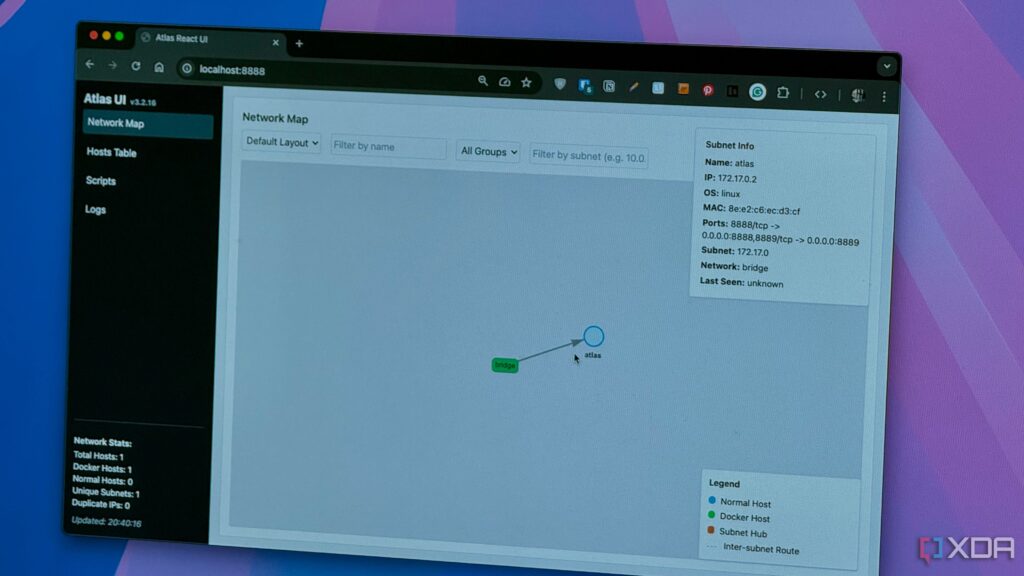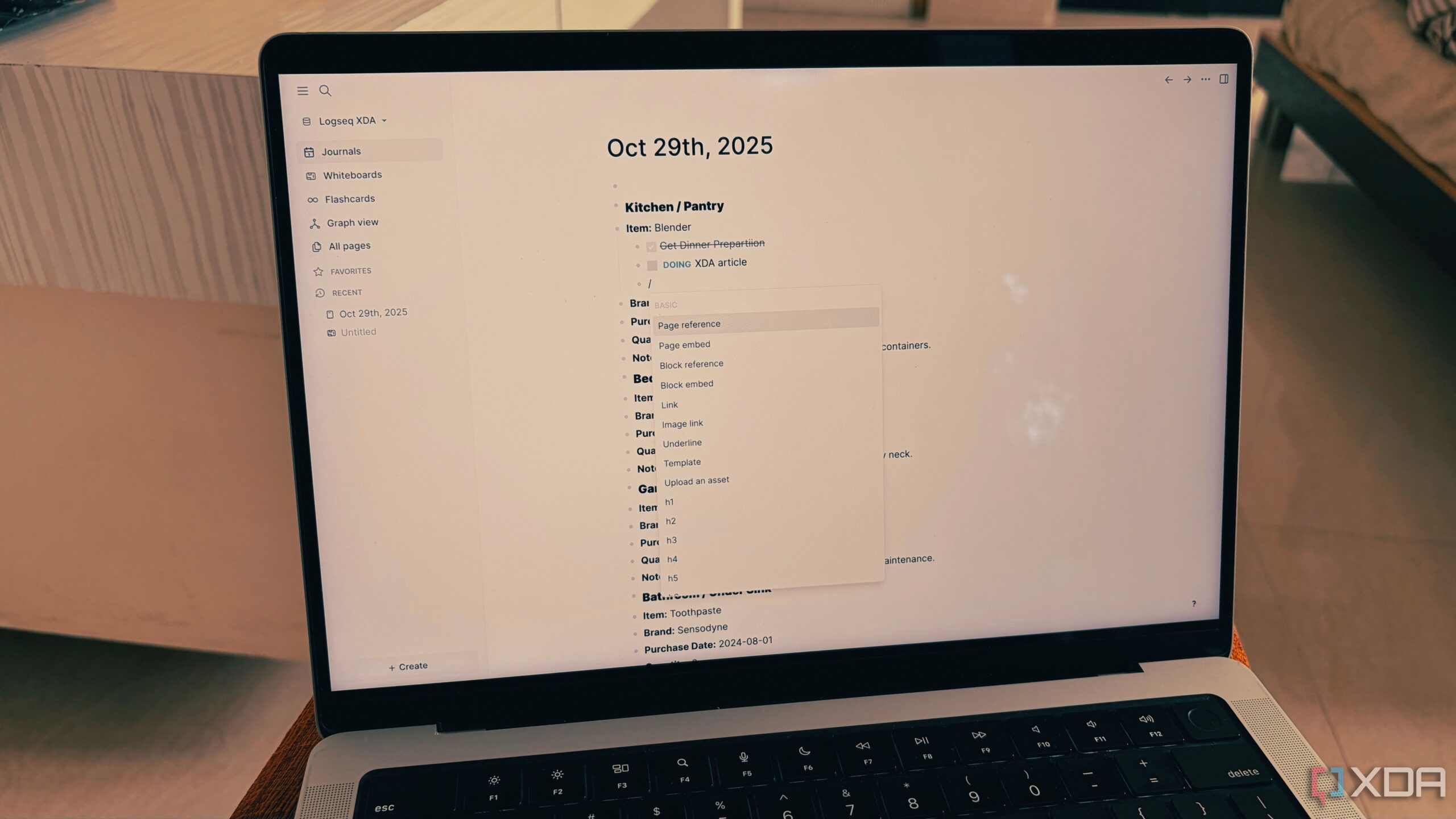
URGENT UPDATE: The newly launched Docker visualizer, Atlas, is revolutionizing how users manage their container networks as of October 30, 2023. This essential tool is a game-changer for anyone involved in deploying Docker containers, offering a clear and immediate overview of their entire system.
For Docker enthusiasts and self-hosters, managing multiple containers can quickly become chaotic. Atlas steps in at a critical moment, providing a bird’s-eye view of all running containers and their network connections without the hassle of digging through terminal outputs or log files. This lightweight visualizer is set to become an indispensable part of every Docker user’s toolkit.
Atlas’s installation process is impressively streamlined, requiring minimal effort to get started. As soon as users access the dashboard, essential information populates immediately, eliminating the need for complicated configurations. This ease of use makes it particularly appealing for first-time self-hosters.
The default network map is where Atlas truly shines, visually laying out all Docker containers and their interconnections. Users can easily switch between the full list of containers and networks using a simple drop-down menu. By clicking on individual containers, additional details such as image information and environment variables become readily accessible, simplifying oversight of the Docker stack.
Another significant feature is the network view, which allows users to instantly identify communication paths between containers. With Atlas, it’s easy to spot whether any container is isolated from the network or if traffic is flowing as expected. This clarity is crucial for developers and system administrators alike, as it aids in troubleshooting and monitoring network configurations.
Atlas also includes a script executor that can scan your subnet, providing real-time updates on any other devices connected to your network. By default, these scans occur every 30 minutes, ensuring that users remain informed about their entire environment’s status.
The impact of Atlas on workflows is notable. Developers hosting multiple web services can quickly verify inter-service communication without diving into the terminal. Similarly, sysadmins can monitor network configurations at a glance, making it easier to identify issues with reverse proxies or connectivity drops.
As the usage of Docker continues to surge globally, tools like Atlas help reduce the complexity that often accompanies extensive container management. By stripping away unnecessary mental overhead, Atlas enables users to focus on building and maintaining their applications rather than getting lost in the intricacies of network setups.
In conclusion, Atlas is poised to become a foundational tool for anyone involved with Docker. Whether you are a seasoned developer or just starting, integrating Atlas into your self-hosted environment today can drastically improve your operational efficiency and clarity. Don’t miss out on leveraging this vital resource in your Docker journey.






